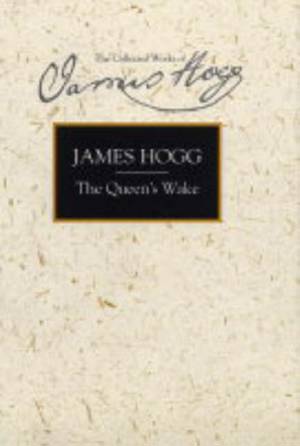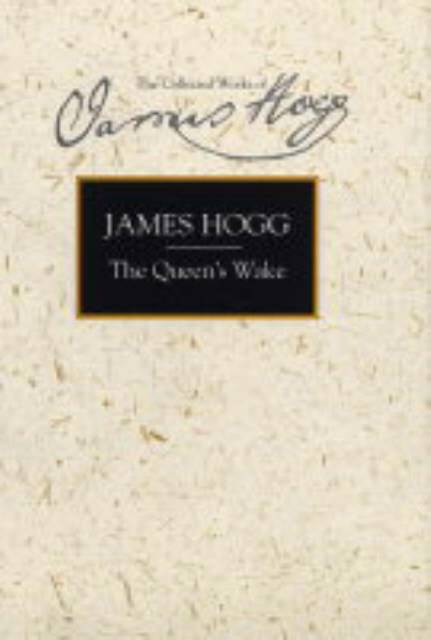
- Retrait gratuit dans votre magasin Club
- 7.000.000 titres dans notre catalogue
- Payer en toute sécurité
- Toujours un magasin près de chez vous
- Retrait gratuit dans votre magasin Club
- 7.000.000 titres dans notre catalogue
- Payer en toute sécurité
- Toujours un magasin près de chez vous
Description
The Queen's Wake is one of the landmarks of British Romantic poetry. It focuses on the return of Mary, Queen of Scots to Scotland in 1561 to take personal rule of her kingdom after her years in France. In the poem poets and bards hold a poetic competition (a 'wake') in Holyrood Palace to welcome the Queen home. In the descriptions of the songs and the people who sing them various Scottish poets of Hogg's own period can be recognised, giving the reader a sense of the condition of poetry in Hogg's Scotland.Another key concern of the poem is the state of Scotland in 1561 - a crucial period in Scottish history, coming a year after the legislation was passed that brought in the Scottish Reformation. The Queen's Wake looks back to the pre-1560 world of Catholic Scotland and explores the tensions between that old world and an emerging modernity.When The Queen's Wake was published in 1813 it proved an unexpected popular success, placing Hogg for a while alongside Byron and Scott as one of the most admired British poets of that time. Over the next six years Hogg was encouraged by major players in the Edinburgh book trade to make substantial revisions, to make the poem even more attractive and saleable. The fifth edition (1819) is an enhanced and carefully polished version from the now established and respected poet. It is markedly different from the edgy, powerful and unsettling first version of The Queen's Wake, which was the work of an impecunious and marginalised outsider.Thus the poem exists in significantly different authorial versions, each reflecting Hogg's circumstances at the time. In recent years a consensus has emerged that in cases of this kind the modern reader is best served by having access to editions of both versions. The Stirling/South Carolina Research Edition of The Queen's Wake therefore presents both the first and fifth edition of the poem.Key Features: * The publication of one of the la
Spécifications
Parties prenantes
- Auteur(s) :
- Editeur:
Contenu
- Nombre de pages :
- 584
- Langue:
- Anglais
- Collection :
Caractéristiques
- EAN:
- 9780748616176
- Date de parution :
- 21-07-04
- Format:
- Livre relié
- Format numérique:
- Genaaid
- Dimensions :
- 152 mm x 241 mm
- Poids :
- 997 g







